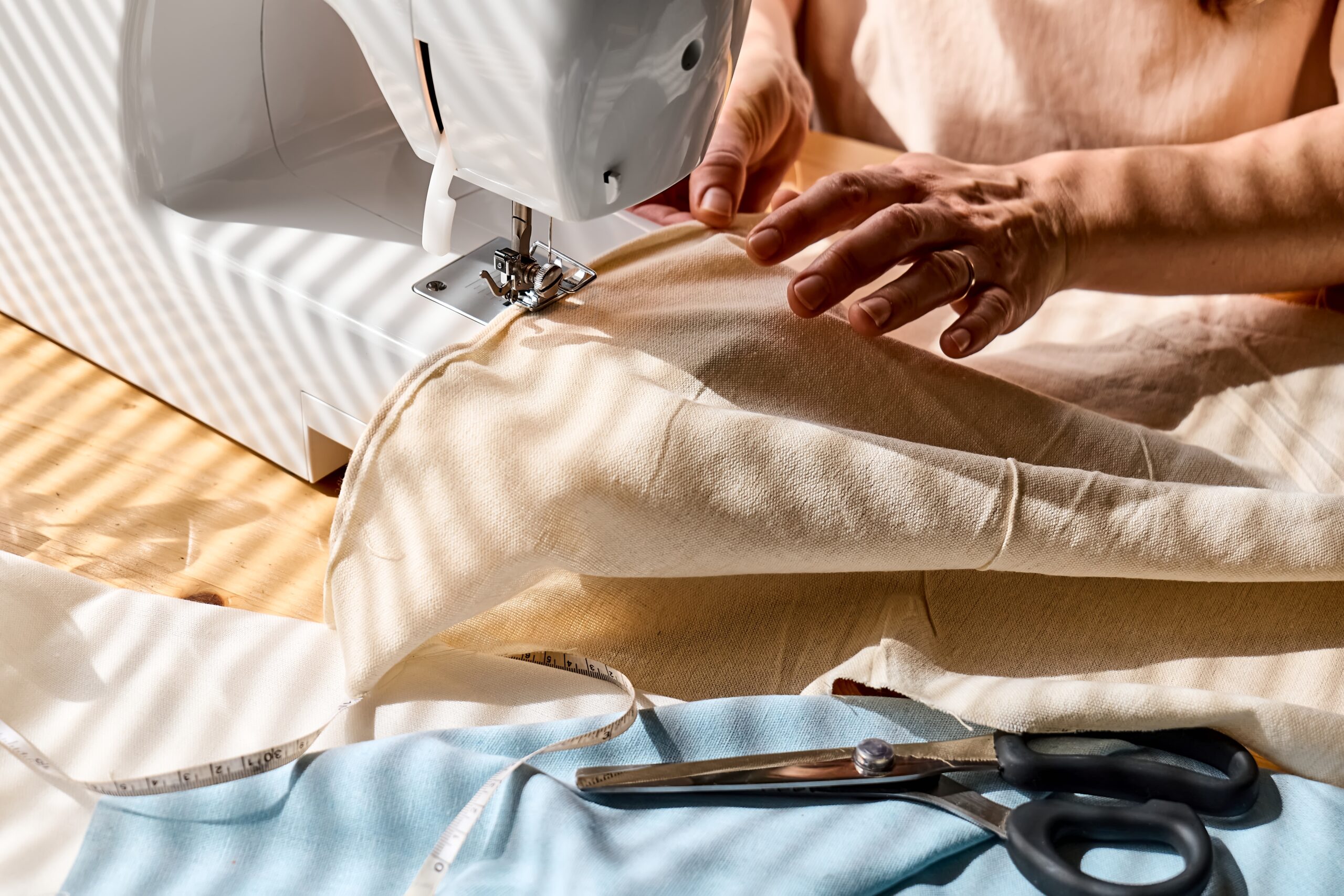Introduction to Pool Pump Problems
Maintaining a pool involves ensuring that all its components are functioning correctly, and the pool pump is a critical part of this system. When the pool pump is not working, it can lead to a range of issues, from dirty water to potential damage to the pool’s filtration system. This article delves into the common reasons why a pool pump might not be working and provides practical solutions to address these problems.
The pool pump serves as the heart of your pool’s circulation system, drawing water from the pool and pushing it through the filter to remove debris and contaminants. If your pool pump is not operating as it should, it can be due to electrical issues, mechanical failures, or blockages. Understanding these problems is essential for maintaining a clean and healthy pool environment.
Common Electrical Issues Affecting Pool Pumps
Electrical problems are one of the primary reasons a pool pump may stop working. These issues can range from a simple tripped circuit breaker to more complex wiring problems. Here are some common electrical issues that could be affecting your pool pump:
- Tripped Circuit Breaker: This is often the first place to check if your pump is not running. A sudden surge or overload can cause the breaker to trip, cutting power to the pump.
- Faulty Wiring: Over time, wiring can become corroded or damaged, leading to a loss of power. Regular inspection of the pump’s wiring can help prevent this issue.
- Capacitor Failure: The capacitor is responsible for starting the pump motor. If it fails, the pump may not start at all or might start slowly.
Addressing these issues typically requires a basic understanding of the pool’s electrical system. For safety reasons, it’s often advisable to consult with a professional electrician or pool technician when dealing with electrical components.
Mechanical Failures and Blockages
Aside from electrical issues, mechanical failures and blockages are common culprits when a pool pump is not working. These problems can arise from wear and tear or improper maintenance. Key mechanical issues include:
- Impeller Blockage: Debris can sometimes get past the filter basket and clog the impeller, reducing water flow and causing the pump to overheat or shut down.
- Seal Leaks: Worn-out seals can cause water to leak from the pump, leading to reduced efficiency and potential motor damage.
- Motor Bearing Failure: Over time, the bearings in the motor can wear out, causing grinding noises and eventual motor failure.
Regular maintenance, such as cleaning the filter basket and inspecting seals, can help prevent these issues. If mechanical problems do occur, replacing the affected parts or consulting with a professional can restore the pump’s functionality.
Conclusion: Maintaining Your Pool Pump
Ensuring your pool pump is in good working condition is vital for the overall health of your pool. By understanding the common electrical and mechanical issues that can affect your pool pump, you can take proactive steps to prevent these problems. Regular maintenance, timely repairs, and professional assistance when necessary can keep your pool pump running smoothly. Remember, a well-maintained pool pump not only extends the life of your pool but also enhances your swimming experience by keeping the water clean and inviting.





